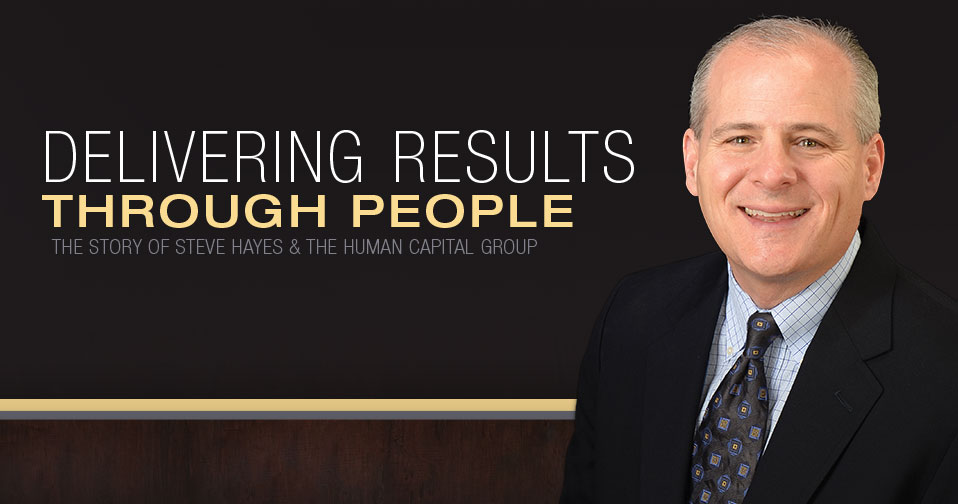Turning Good Intentions Into Real Behavior

I wish, oh, how I wish the world regarded me solely by my noble intentions. Yet just as I tend to judge other people by their actions, particularly as their actions affect me, I stand against a similar yardstick. And so I thank God for habits . . . for ingrained routines that can help a person turn good intentions into real behavior.
With that in mind, what if we all adopted habits that produce good behavior, in particular the four “Referability Habits” advised by my friend, Dan Sullivan? Dan guides entrepreneurs in his Strategic Coach program, and though his advice comes in business language, it can improve any relationship in life.
The world’s best marketing strategy, Dan tells his entrepreneurs, is to be referable, and all “referability” rests on four habits. Whatever your business, your customer, your skills and resources, if you’re in the marketplace, you get referred for the same reasons.
And those reasons, in all places and at all times, run on four crucial habits:
- 1. Show up on time.
- 2. Do what you say.
- 3. Finish what you start.
- 4. Say please and thank you.
Common sense, you say. And you’re right, of course; but too many otherwise skilled people overlook the basics, and, as a result, their phones aren’t ringing. Brains, talent, charm, and experience–they count for little until and unless clients and customers pass the word. And meanwhile, in contrast, practitioners of the four habits can expect their names to pass into bigger and better work.
So there we are. As modest as they sound, four “simple” habits are the building blocks of human interaction. If you think about it, even your friendship network turns on referrals, as a friend comments to someone else, “You ought to meet so-and-so.”
So I do think about it: about how habits shape lives. And as my journal list of disciplines and habits scroll out in my mind, I’m aware of how many routines I’ve incorporated precisely to help me stay in sync with my best intentions. (I need a lot of little aids.)
“Brains, talent, charm, and experience–they count for little unless clients and customers pass the word.”
A few examples:
- 1. Conscience Partners.
I work to keep up with those few people that “speak the truth in love” to me, starting with my ever-present wife, Linda.
- 2. Spiritual Disciplines.
Because we do best to enter the day “soul first,” to borrow from Henri Nouwen, I have certain morning time set apart for prayer so my mental awakening begins with the Bible.
- 3. Health Disciplines.
Weight around 175. Walk 40 to 60 minutes three to four times a week; sleep eight hours; check in with an annual Cooper Clinic physical.
- 4. Philanthropy Disciplines.
On a single page I have the principles, mission and powerful mechanisms my team and I consistently use to evaluate opportunities and to focus limited energy from good intentions to results and performance. I call these my T3 Cliff Notes (Time, Talent and Treasure), and this one-sheet chart serves like the laminated checklists NFL coaches use for quick reference in calling plays. The current version is on my home page under “Bob Buford’s T3 Cliff Notes.”
- 5. Positive People.
I seek long relationships with smart, competent, positive people-people who energize and do not deplete me. On my team and in my life, I surround myself with Learner/Activator types.
- 6. Intellectual Disciplines.
Every three weeks, Dr. Larry Allums assigns me a work from literature or history. I read it and make copious notes, after which Larry and I meet in my office, and for a couple of hours we discuss the work’s application to my life and habits. It’s as if I’ve joined a small group of the greatest minds of all time.
Along those lines, I tear out pages from art books and post three pictures every day on corkboard in my closet/dressing room because the best way to study art is to “just look.”
- 7. Forgiveness Disciplines.
I accept forgiveness for myself, and I forgive others. I do my best to reject a sense of entitlement or to suffer slights. On this my guiding text is the parable of the wheat and the tares in Matthew 13: 24-30. The good seeds and the weeds grow up together until the harvest. (Amazing. Look it up–a biblical rationale that explains my cluttered life and mind.)
“We are what we repeatedly do. Excellence, then, is not an act, but a habit.”Aristotle
If this list of mine comes across as a bit obsessive/compulsive, it probably is. But most of the time, it does the job. When it doesn’t, thank God for grace, amazing grace. I have my share of faux pas, and my temptations are the same devils that have haunted humankind across the millennia: desire for power, things and recognition. You’ll find them in the Gospel of Matthew, chapter 4, described as “the temptations of Jesus.” And while Jesus was perfect, I am not.
Where does that leave us? In 1900, Leo Tolstoy wrote, “Everybody thinks of changing humanity, and nobody thinks of changing himself.” With God’s help, we can all push back a little on that notion.
What about you?
Aristotle said, “We are what we repeatedly do. Excellence, then, is not an act, but a habit.” If not Dan Sullivan’s four “referability” habits, what change can you begin and repeat–in body, mind, and/or spirit–to convert a good intentions into better behavior?

By: Bob Buford
Bob Buford was the successful head of a cable television company in his native Texas. He is the author of Halftime: Moving from Success to Significance, and other books. His latest, Drucker & Me is available now at druckerandme.com. Bob is also the founder of Leadership Network (leadnet.org) and Halftime (Halftime.org).
Read More Articles by Bob Buford





